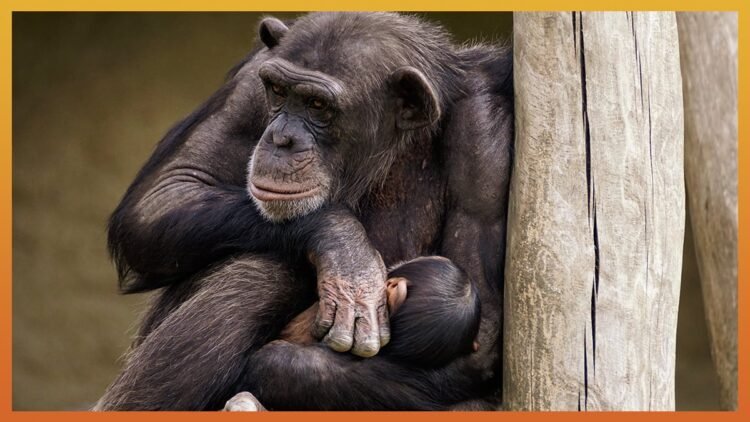Grief is often considered uniquely human, yet various animals—from killer whales to crows—show behaviors that suggest they too feel loss when a companion dies.
Observations of Mourning Behavior
In Washington State, Tahlequah, a killer whale, was seen carrying her dead newborn calf, a behavior she also exhibited in 2018 for 17 days. Similar mourning behaviors are seen in other species: chimpanzees carry stillborn babies, and dolphins and monkeys exhibit signs of distress after losing young ones.
Becky Millar, a philosophy researcher at Cardiff University, notes that animals seem to recognize death and struggle to let go, indicating a process of grappling with loss. Animals often search for deceased companions, mirroring human “search behaviors” after bereavement.
Anecdotal and Historical Cases
- An elderly elephant in India reportedly shed tears and starved after losing a young companion.
- Famous stories include Greyfriars Bobby, a dog that guarded its owner’s grave for 14 years, and Hachiko, who waited years for his deceased owner at a train station.
Scientific Evidence
Empirical studies reveal that animals can exhibit grief-like emotions. Infant primates show distress after losing their mothers, baboons exhibit elevated stress hormones after bereavement, and elephants perform what resemble funerary rituals. Birds, like magpies, have been seen arranging objects around deceased companions in what appears to be a form of mourning.
The Debate Over Grief
Defining grief remains contentious. While it involves sadness, it also includes emotions like anger and hope, along with the process of integrating the loss into daily life. Some philosophers argue animals lack the cognitive abilities to fully comprehend death’s permanence. Yet, Millar counters that this perspective also excludes children and some adults who experience grief differently.
Millar defines grief as learning to navigate a changed world—a process that doesn’t necessarily require advanced cognitive skills. This practical adaptation suggests that animals, too, are capable of grief.
A Shared Experience of Loss
Animals, like humans, form deep bonds with companions, and the disruption of those bonds can lead to behaviors and processes that resemble grief. These observations challenge the traditional view of mourning as a solely human experience, highlighting the emotional complexity of other species.

 English
English



























































